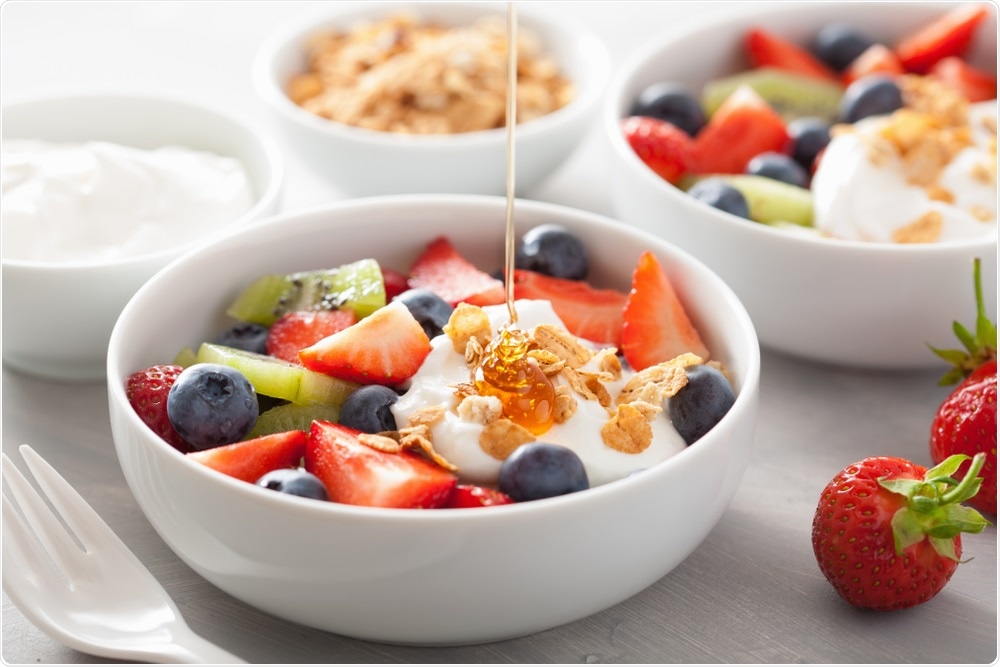
Honey ‘as high in sugars as table sugar’
New research by the charity Action on Sugar suggests that consumers are being misled into believing that honey and syrups are a healthy alternative to sugar. The charity analyzed a range of sugar, honey and syrup products in an effort to highlight how much sugar they contain.
 Olga Miltsova | Shutterstock
Olga Miltsova | ShutterstockWhile honey and natural syrups are less processed, contain more nutrients, and often have a better glycaemic index, they still contribute to daily sugar intake and this is not being made clear to consumers, say the charity.
At present, there are no approved health and nutrition claims for honey. Despite this, it is still being promoted as a healthy sweetener, causing misinformed consumers to use it excessively.
Like processed sugar, honey is a source of glucose and fructose. Although it has a lower proportion of glucose than sugar, it is actually more calorific. Another issue is honey fraud, where only a small proportion of the product is real honey, and the rest is a sugar syrup. This problem is widespread and sugar syrups do not contain the beneficial nutrients associated with honey.
‘Misleading’ claims
Action on Sugar, based at Queen Mary University of London, recently analyzed 223 honeys, sugars and syrups that are widely available in UK supermarkets and branded as a healthy alternative to sugar. They found that honey can comprise up to 86% added sugar and that adding a teaspoon of honey (6mg) to a cup of tea is equivalent to one teaspoon of sugar (4g). For reference, the maximum day sugar intake for an adult is 30g, which is about 7 teaspoons.
Action on Sugar also reported that products boasting the addition of honey often contain up to 25 times more table sugar than honey. The charity says that misleading product descriptions mean that consumers believe they are choosing a healthier option, not knowing that they are, in fact, consuming high amounts of sugar.
The findings were ‘disappointing’
Dr. Kawther Hashem, Campaign Lead at Action on Sugar, added “It’s disappointing that companies boast about products containing honey, knowing that honey and syrups are nearly as high in sugars as table sugar….This is to mislead customers into thinking the products are healthier and better than they really are. Our advice is to always opt for less sweetness by using less sugar, syrups and honey.”
Honey and syrups are free sugars, just like table sugar, and need to be reduced in our diets. Action on Sugar is calling for all food and drink packaging to clearly display its true contribution to our daily free sugar intake and for Public Health England to educate consumers about free sugars, including those from honey.
About Action on Sugar
Action on Sugar is a group of specialists concerned with sugar and its effects on health. It is working with the food industry and the Government to clarify the labelling of sugar content and reduce the amount of sugar in processed foods.

No comments:
Post a Comment